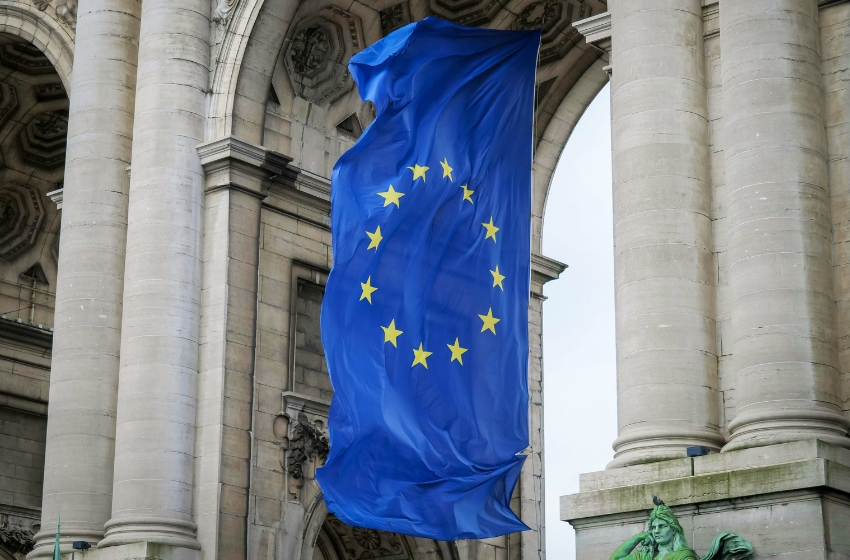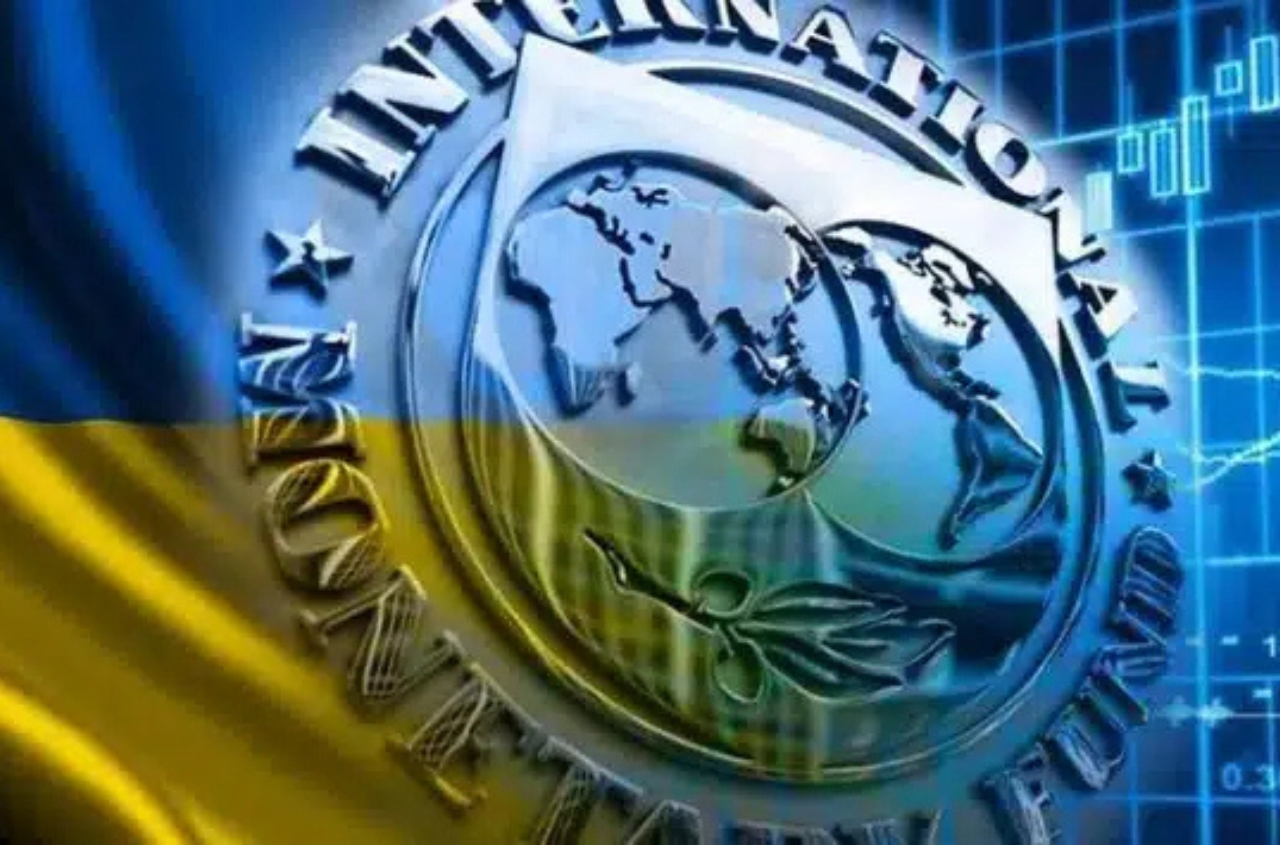The European Union on the morning of October 23 officially approved the 19th package of sanctions against Russia through a written procedure.
According to the Danish EU Council Presidency, this marks the formal adoption of the sanctions package. The process was completed after the last country lifted its objections, as expected by 8 a.m.
The “energy” block of the sanctions includes:
- A ban on Russian LNG imports – within six months for short-term contracts and from January 1, 2027, for long-term contracts, in line with the EU’s RePowerEU plan.
- Strengthened restrictions on cooperation with two major Russian oil companies and sanctions on 117 additional “shadow fleet” tankers, bringing the total number of sanctioned vessels to 558.
The “financial” block includes:
- A ban on insurance for Russian aircraft and ships for the first five years after sale to a third country.
- A full ban on transactions with five Russian banks and expanded restrictions on Russian electronic payment systems, including Mir, as well as sanctions on four banks in Belarus and Kazakhstan.
- Restrictions on transactions with five banks, one crypto exchange, and two oil trading companies in Tajikistan, Kyrgyzstan, Paraguay, UAE, and Hong Kong.
- A new ban for European operators to conclude contracts with nine “special economic zones” in Russia and a full ban on cooperation with Alabuga and Technopolis Moscow.
- A complete ban on cryptocurrency services for Russian citizens, residents, and companies.
Forty-five additional companies were sanctioned for circumventing existing restrictions, including three in India, two in Thailand, and twelve in China and Hong Kong, many related to drone technology.
Export controls have been tightened to limit Russia’s access to microchips and technologies that could be used in the defense sector. Additional individuals and companies connected to defense and military industry developments will be added to sanctions lists.
The export ban now also covers industrial goods such as salts, rubber, building materials, and technological products. Criteria for listing ports in third countries used for transporting drones or missiles to Russia or bypassing oil sanctions have been expanded.
A new mechanism restricts the movement of Russian diplomats in the EU with a three-month transition period. New criteria for inclusion on sanctions lists have been established for those involved in the abduction of Ukrainian children by Russian occupation authorities.
Restrictions are extended to services in AI, advanced computing technologies, and commercial space activities. Any provision of services to Russia not already prohibited will require prior authorization. European operators are also banned from providing tourism-related services in Russia.





















